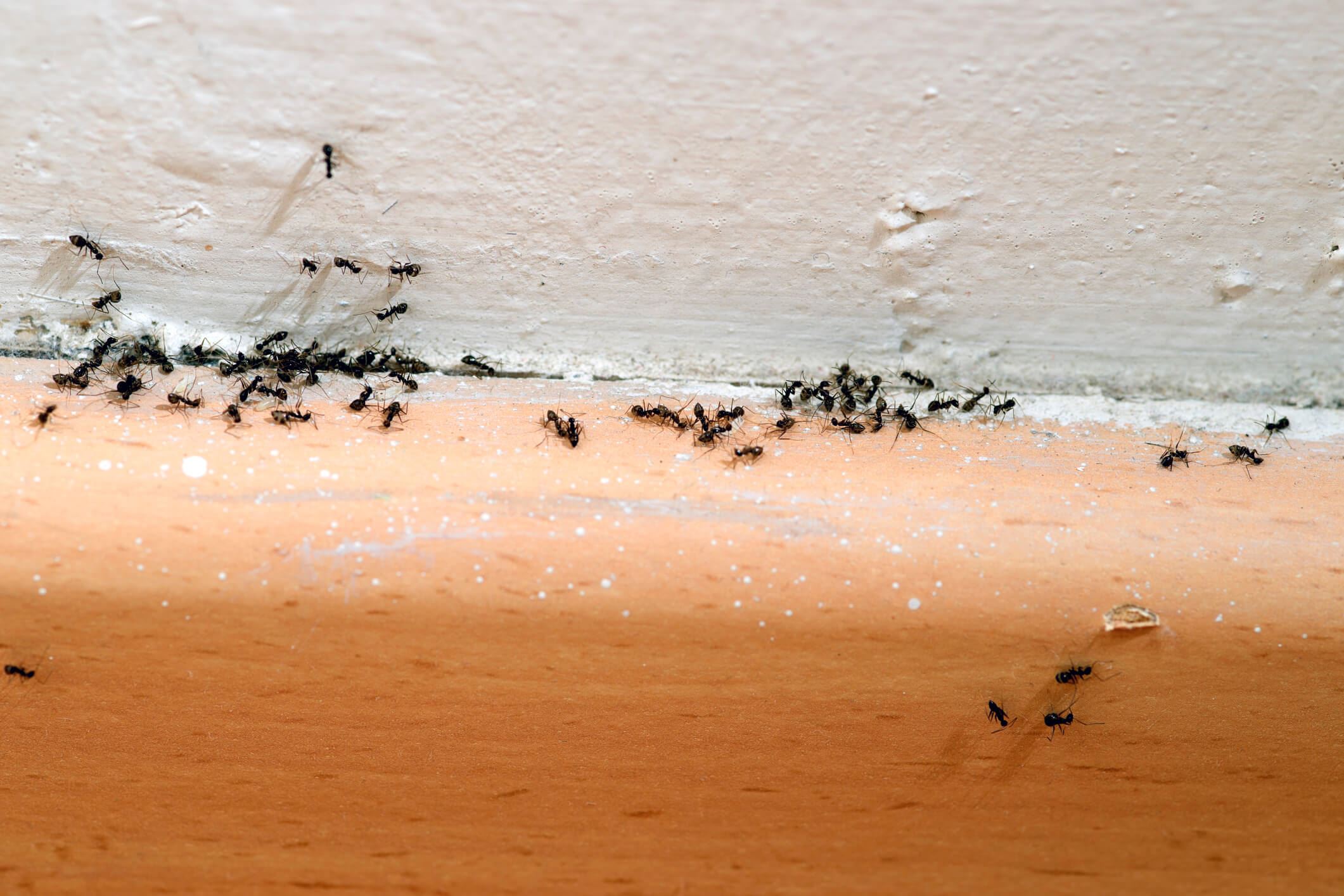How to Repel Mosquitoes Naturally at Home

Mosquitoes can be annoying and dangerous pests that transmit diseases like malaria, dengue fever, and Zika virus. While there are many commercial mosquito repellents available, some people may prefer natural alternatives to avoid harmful chemicals. In this article, we’ll discuss some effective ways to repel mosquitoes naturally at home.
Introduction
Mosquitoes are a common problem in many parts of the world, and they can be especially prevalent during the summer months. While there are many chemical mosquito repellents available, some people may prefer to use natural remedies to avoid exposure to potentially harmful chemicals. In this article, we’ll explore some natural ways to repel mosquitoes and keep them away from your home and yard.
Understanding Mosquitoes
Before we dive into natural mosquito repellents, it’s important to understand a bit about these pesky insects. Mosquitoes are attracted to people and animals by the carbon dioxide we exhale, as well as our body heat and the chemicals we release through our skin. Female mosquitoes need a blood meal to reproduce, so they are more likely to bite than males. Mosquitoes can carry diseases, so it’s important to protect yourself from their bites.
Factors Attracting Mosquitoes
Several factors can attract mosquitoes, including:
- Standing water
- Perspiration and body odor
- Dark clothing
- Carbon dioxide
- Certain fragrances
- Lactic acid
Natural Mosquito Repellents
Now that we understand a bit about what attracts mosquitoes, let’s look at some natural ways to repel them.
Essential Oils
Many essential oils have natural mosquito-repelling properties. Some of the most effective oils include:
- Citronella
- Peppermint
- Eucalyptus
- Lemon
- Lavender
- Tea tree
You can use these oils in a variety of ways, such as by adding them to a diffuser or mixing them with a carrier oil to make a spray.
Mosquito-Repelling Plants
Several plants have natural mosquito-repelling properties, including:
- Citronella grass
- Lemon balm
- Catnip
- Marigolds
- Lavender
- Basil
Planting these plants around your home and yard can help repel mosquitoes.
Homemade Sprays
You can make your own mosquito repellent spray using essential oils, witch hazel, and water. Mix the ingredients in a spray bottle and apply to your skin and clothing as needed.
Mosquito Nets
Using a mosquito net over your bed or in outdoor seating areas can help keep mosquitoes away.
Other Natural Remedies
Other natural remedies that may help repel mosquitoes include:
- Apple cider vinegar
- Garlic
- Vanilla extract
- Cinnamon
Environmental Changes
Making some simple environmental changes can also help repel mosquitoes. Some tips include:
- Eliminating standing water around your home and yard
- Using yellow light bulbs instead of white, which are less attractive to mosquitoes
- Wearing light-colored clothing
- Using fans to keep air moving
Conclusion
Mosquitoes can be a nuisance, but there are many natural ways to repel them. From essential oils to mosquito-repelling plants and homemade sprays, there are plenty of options to choose from. By making some simple changes to your environment and using natural remedies, you can keep mosquitoes at bay and enjoy your time outdoors.
FAQs
- Are natural mosquito repellents as effective as chemical ones?
- While natural mosquito repellents may not be as long-lasting as chemical ones, they can still be effective in repelling mosquitoes.
- Is it safe to use essential oils on my skin?
- Essential oils can be safe to use on your skin, but it’s important to dilute them properly and patch test before use.
- Can I use natural mosquito repellents on children?
- Natural mosquito repellents can be safe for children, but it’s important to use them appropriately and follow age-specific guidelines.
- Can natural mosquito repellents work for all types of mosquitoes?
- Different types of mosquitoes may be more or less sensitive to certain natural repellents, so it’s important to experiment and find what works best for your situation.
- How often should I reapply natural mosquito repellents?
- The frequency of reapplication will depend on the specific product or remedy being used, but it’s generally recommended to reapply every few hours for best results.




